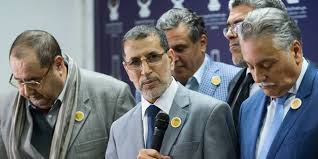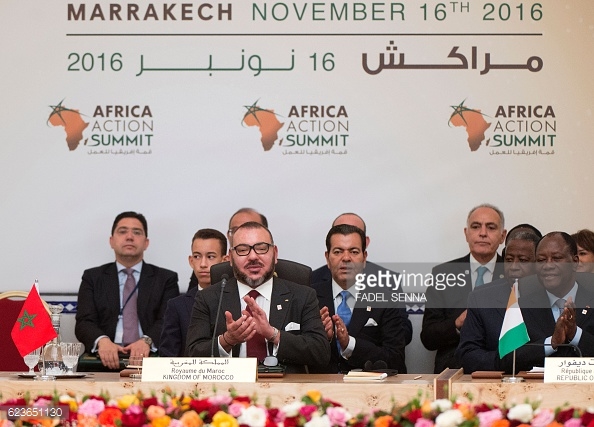 Some senior officials of the Moroccan administration, including cabinet members, governors, and local elected representatives may be pushed to step down as a result of the serious warnings expressed by King Mohammed VI in the Throne Day speech he delivered on July 29.
Some senior officials of the Moroccan administration, including cabinet members, governors, and local elected representatives may be pushed to step down as a result of the serious warnings expressed by King Mohammed VI in the Throne Day speech he delivered on July 29.
The royal speech appears to have sparked a wave of public administration purification.
Local daily Assabah, citing governmental sources, reports that a series of resignations from a number of public officials will be announced shortly.
A number of cabinet members, mostly from the majority Justice and Development Party (PJD) and the Party of Progress and Socialism (PPS) will step down or be forced to resign, Assabah notes.
The ministers may be followed by a number of secretaries of ministries, also singled out in the King’s speech for their failure to follow up the implementation of several social and economic development projects.
In his Throne Day speech, the King brought up the events taking place in some parts of the country, which “have regrettably revealed an unprecedented lack of the sense of responsibility,” alluding to the recent unrest in Al Hoceima, in Northern Morocco.
The monarch chided ministers in charge of the development and social projects in the region, accusing them of delaying the delivery of the projects.
Some elects of Tangier-Tetouan-Al Hoceima region may also l be asked to step down, Assabah further notes.
King Mohamed VI in his speech laid into political parties for failing to mediate between protestors and the state institutions.
The wave of resignation may also target some local administration directors including directors of public enterprises, Assabah adds.
Governors of the regions hit by protests and where projects have been behind deadline have received warnings for the validation of projects even though lands for development schemes have not been procured or completely bought.
They are asked to secure the sites chosen to house the projects before the start of operations.
Prime Minister Saadeddine al-Othmani and the rest of the government have largely been seen as unable to address the tension. Many in Morocco have highlighted the absence of a national figure who can intervene to calm the situation, hear the protesters’ demands, and promise credible solutions.
At a Ministers’ Council held late June, King Mohammed VI had already criticized several ministers for the delay in the delivery of a set of development and social projects included in the “Al Hoceima Lighthouse of the Mediterranean” program, launched in October 2015, long before the wave of popular protests outbroke in the Rif.
The program, worth $665-million, is meant to promote the region’s development through implementing a host of projects slated for completion in 2019. Unfortunately, many of the projects scheduled in the program never saw the light of the day due to the lack of follow-up by relevant ministries.


